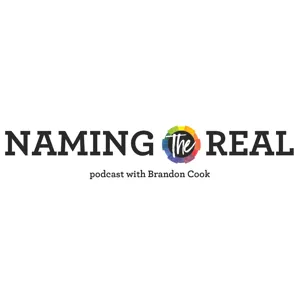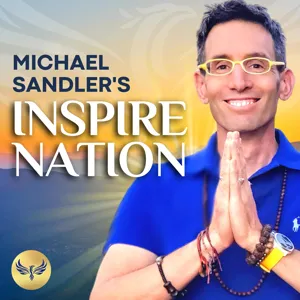Efficiency vs Effectiveness: Are You Focusing on the Right Things

What if spending 10,000 hours on something doesn't guarantee expertise?
Show Summary:
In today's episode, we delve into Malcolm Gladwell's fascinating concept that it takes 10,000 hours to achieve mastery in any field, a principle that has sparked both inspiration and debate. I share my journey of striving for public speaking excellence, reflecting on the years of dedicated practice and questioning if I've reached that magical number. We also explore the pitfalls of practicing inefficiently, through personal anecdotes and observations, highlighting the crucial difference between efficiency and effectiveness. The discussion extends to the workplace and personal growth, challenging listeners to reevaluate where they focus their efforts.
Relatable Takeaways:
- Not all practice leads to perfection; it's the quality and focus of the practice that counts.
- Mastery requires not just time, but also the right approach and mindset.
- Efficiency in the wrong areas can lead to stagnation rather than growth.
- Reflecting on our methods is as important as the practice itself.
- Identifying what truly matters is the first step towards meaningful improvement.
================================================================Charles Alexander has been a full-time Business Coach since 2007. He has coached over 2,000 entrepreneurs to grow their businesses and helped over 250 people start businesses. Then he decided to practice what he preached. After years of seeing the need for video marketing, he started creating Explainer Videos for Busy Professionals in 2015. That part-time business is now a full-time business with proven systems and a team.
Using those real-world experiences, I have created a boatload (well not a real boat, but you get the picture) of resources for you below, so you can start doing more by doing less!
Website - https://www.yourcharlesalexander.com/
Book - Start Now Quit Later - https://a.co/d/3xPW1Hs
Create Your 4-Day Work Week in 90 Days or Less - https://www.yourcharlesalexander.com/4-day-work-week
Explainer Videos for Your Business - https://www.yourcharlesalexander.com/videopackages
LinkedIn - https://www.linkedin.com/in/yourcharlesalexander/
Instagram - https://www.instagram.com/yourcharlesalexander/
YouTube - https://www.youtube.com/yourcharlesalexander

















